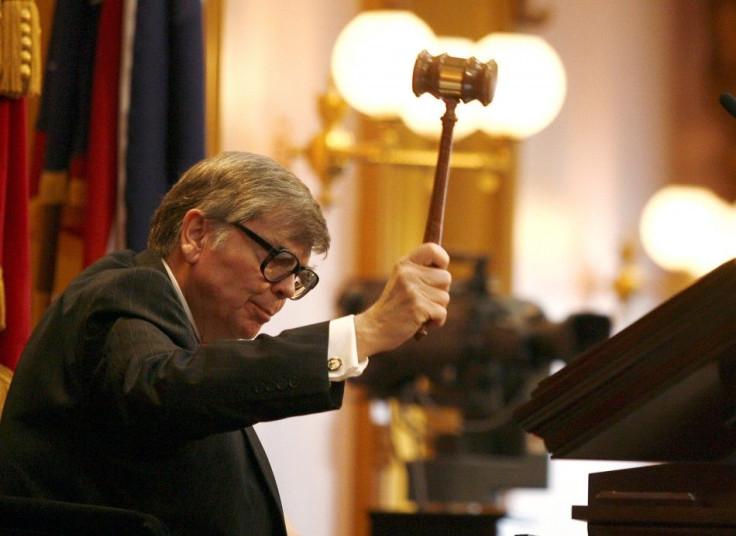Ohio Passes Stricter Union Curbs Than Wisconsin

In a state with twice as many people as Wisconsin, Ohio Gov. John Kasich was set to sign into law a bill that makes stricter curbs on government unions than the more highly visible Wisconsin law now facing legal challenges.
Legislation in Ohio passed on Wednesday limits collective bargaining for all state workers to wages and working conditions, compared with Wisconsin which exempted firefighters and police officers. The bill affects about 350,000 state workers.
The move in Ohio set the stage for activists who have launched a campaign to repeal Senate Bill 5 in the November elections. The legislation passed easily in the House and narrowly in the Senate.
In Wisconsin, a state judge has blocked implementation of the law as a legal challenge to the way it was passed is being considered.
Ohio's Kasich said his state's law gives local governments and school powerful tools to reduce their costs.
When your average private sector employee is paying 23 percent of their healthcare costs and your average city worker is paying 9 percent, I think it's fair to create a balance, he said.
We still permit collective bargaining for wages and for working conditions. That, by the way, is something 2 million federal workers don't have the right to do.
Senate Minority Leader Capri Cafaro, who called SB5 a direct attack on workers' rights said the bill guts collective bargaining and will lead to job losses or drastic cuts in wages and benefits.
The bill was unfair to teachers, firefighters, police officers and other government workers, she said.
I look forward to a statewide referendum where Ohioans will have the opportunity to veto Senate Bill 5, she said.
Issues related to the bill involve state pensions which are in trouble, Kasich said. The bill would help make them sound, he said.
This budget is not an end of itself. We are very much into job creation. That's why we're doing this, he said.
There is nothing in this hurtful legislation that creates jobs or grows our economy, Cafaro said.
The state's Democratic party has launched a campaign to invite voters to join a grassroots campaign to repeal the law.
© Copyright IBTimes 2025. All rights reserved.





















